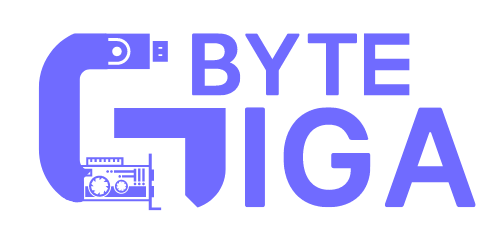In the rapidly evolving landscape of healthcare, digital therapeutics (DTx) are emerging as a groundbreaking innovation. These software-driven interventions are designed to prevent, manage, or treat medical conditions, offering a new dimension to traditional healthcare methods. For individuals aged 16-40, who are often tech-savvy and health-conscious, digital therapeutics present an accessible and effective way to manage their health.
What Are Digital Therapeutics?
Digital therapeutics are evidence-based therapeutic interventions driven by high-quality software programs to prevent, manage, or treat a medical disorder or disease. Unlike general wellness apps, DTx products are required to undergo rigorous clinical trials to prove their efficacy and safety, similar to traditional medical treatments.
How Digital Therapeutics Work
Digital therapeutics leverage various technologies, including mobile health (mHealth), telehealth, and wearable devices, to deliver personalized treatment plans. These technologies engage patients in their health and well-being, providing real-time feedback and support. For example, a digital therapeutic app for diabetes management might offer personalized dietary recommendations, medication reminders, and real-time glucose monitoring.
Integration with Traditional Healthcare
One of the key advantages of digital therapeutics is their ability to integrate seamlessly with traditional healthcare systems. They can be used independently or alongside conventional treatments, enhancing the overall effectiveness of patient care. For instance, a digital therapeutic for mental health might be used in conjunction with psychotherapy or medication to provide comprehensive support.
Regulatory and Clinical Validation
To ensure safety and efficacy, digital therapeutics must adhere to strict regulatory standards. In the European Union, the Digital Healthcare Act (DiGA) sets specific requirements for the use of DTx, while in the United States, the FDA oversees their approval. This regulatory oversight ensures that digital therapeutics meet the same standards as traditional medical treatments.
Benefits of Digital Therapeutics
Digital therapeutics offer numerous benefits, particularly for the younger demographic who are more inclined to use technology for health management. These benefits include:
- Accessibility: Digital therapeutics can be accessed via smartphones and other mobile devices, making them convenient for users to integrate into their daily lives.
- Personalization: These interventions can be tailored to individual needs, providing customized treatment plans based on real-time data.
- Engagement: Interactive features and real-time feedback help keep users engaged and motivated to adhere to their treatment plans.
- Cost-Effectiveness: By reducing the need for frequent in-person visits, digital therapeutics can lower healthcare costs for both patients and providers.
Popular Digital Therapeutic Applications
Several digital therapeutic applications have gained popularity for their effectiveness in managing various health conditions. Some notable examples include:
Mental Health
Apps like Woebot and Headspace offer cognitive behavioral therapy (CBT) and mindfulness exercises to help users manage anxiety, depression, and stress. These apps provide evidence-based techniques that have been clinically validated to improve mental health outcomes.
Chronic Disease Management
For chronic conditions like diabetes and hypertension, apps such as Omada Health and Livongo offer comprehensive management solutions. These apps provide personalized coaching, real-time monitoring, and actionable insights to help users maintain their health.
Substance Use Disorders
Digital therapeutics like reSET and reSET-O are FDA-approved apps designed to treat substance use disorders. These apps use cognitive behavioral therapy and contingency management to support recovery and prevent relapse.
Challenges and Future Directions
While digital therapeutics hold great promise, they also face several challenges. These include:
- Regulatory Hurdles: Navigating the complex regulatory landscape can be challenging for developers, particularly as standards continue to evolve.
- Data Privacy: Ensuring the privacy and security of patient data is paramount, given the sensitive nature of health information.
- Adoption and Adherence: Encouraging widespread adoption and consistent use of digital therapeutics can be difficult, particularly among populations less familiar with technology.
Despite these challenges, the future of digital therapeutics looks bright. Advances in artificial intelligence and machine learning are expected to enhance the personalization and effectiveness of these interventions. Additionally, increased collaboration between technology companies, healthcare providers, and regulatory bodies will help streamline the development and approval process.
“The future of healthcare lies in the seamless integration of digital and traditional therapeutic approaches.”
Dr. Jane Smith, Healthcare Innovator
Conclusion
Digital therapeutics represent a significant advancement in healthcare, offering innovative solutions that are accessible, personalized, and effective. For the tech-savvy generation aged 16-40, these interventions provide a convenient way to manage health and well-being. As technology continues to evolve, digital therapeutics will play an increasingly important role in shaping the future of healthcare.









